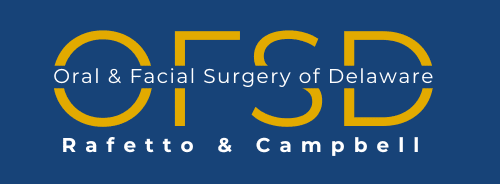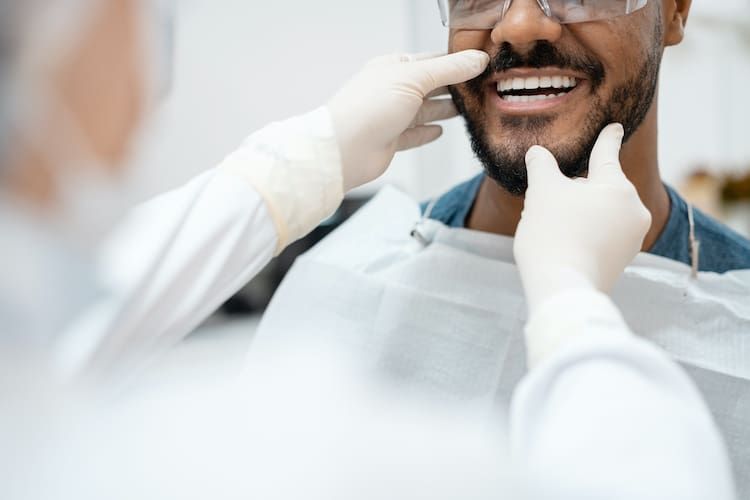Malocclusion is a common dental condition where the teeth are misaligned when the jaws are closed. This misalignment can manifest in several forms, including overbites, underbites, crossbites, and overcrowded teeth. While some cases are mild and may not cause immediate discomfort, more serious instances of malocclusion can lead to a range of health and quality-of-life issues. Understanding the risks associated with malocclusion is the first step in seeking timely and effective treatment.
Impacts on Oral Health
One of the most direct consequences of malocclusion is the increased risk of oral health problems. When teeth are misaligned, they are often harder to clean properly. Crowded or overlapping teeth can create tight spaces that are difficult to reach with a toothbrush or dental floss. As a result, plaque and food particles can build up, leading to cavities and gum disease. Poor alignment can also cause uneven wear on tooth enamel, which may result in sensitivity, chipping, or even tooth fractures over time.
Moreover, in cases where the bite is significantly off, excessive force may be applied to specific teeth when chewing. This added pressure can weaken the affected teeth and contribute to long-term damage, including loosening or shifting of teeth. In extreme cases, untreated malocclusion can lead to tooth loss.
Jaw Pain and Dysfunction
Malocclusion can also negatively impact the jaw joints, particularly the temporomandibular joints (TMJ) that connect the jawbone to the skull. Misalignment of the teeth can alter the way the jaw moves during chewing or speaking, placing strain on the TMJ. Over time, this strain can lead to temporomandibular joint disorder (TMD), a painful condition characterized by jaw clicking, headaches, facial pain, and difficulty opening or closing the mouth. TMD can significantly affect a person’s daily life, making simple actions like eating or speaking uncomfortable or even painful. Chronic jaw tension from malocclusion can also lead to muscle fatigue in the face, neck, and shoulders, creating a ripple effect throughout the upper body.
Speech Difficulties
The alignment of your teeth plays an important role in how you articulate sounds. Severe malocclusion can interfere with the placement of the tongue and lips during speech, leading to issues such as lisping or slurring. This can be especially problematic for children, as it may affect their language development and confidence in social settings. In adults, untreated speech issues related to malocclusion can contribute to self-consciousness and communication challenges in professional environments.
Digestive Problems
Chewing is the first step in the digestive process, and poorly aligned teeth can make it difficult to break food down efficiently. If food isn’t properly chewed, it puts more strain on the digestive system, which may lead to discomfort, bloating, or nutrient absorption issues. People with malocclusion may also avoid certain foods that are difficult to chew, which can lead to an imbalanced diet over time.
Psychological and Social Effects
Beyond the physical consequences, malocclusion can also impact a person’s self-esteem and social interactions. Misaligned teeth may affect a person’s willingness to smile or speak in public, leading to self-consciousness and social withdrawal. For children and teenagers, visible dental issues can sometimes make them targets for teasing or bullying, further affecting their mental health and development. As we grow older, confidence in our appearance often plays a significant role in both our personal and professional lives. Addressing malocclusion could not only improve physical health but also boost confidence and enhance social interactions.
Bite Correction Treatment in Wilmington, DE
At Oral & Facial Surgery of Delaware, we understand the importance of a healthy bite. If you have malocclusion, your oral health could be at risk. Even minor cases can turn into disasters over time. Contact our office today to schedule your consultation and learn more about your treatment options for bite correction.

